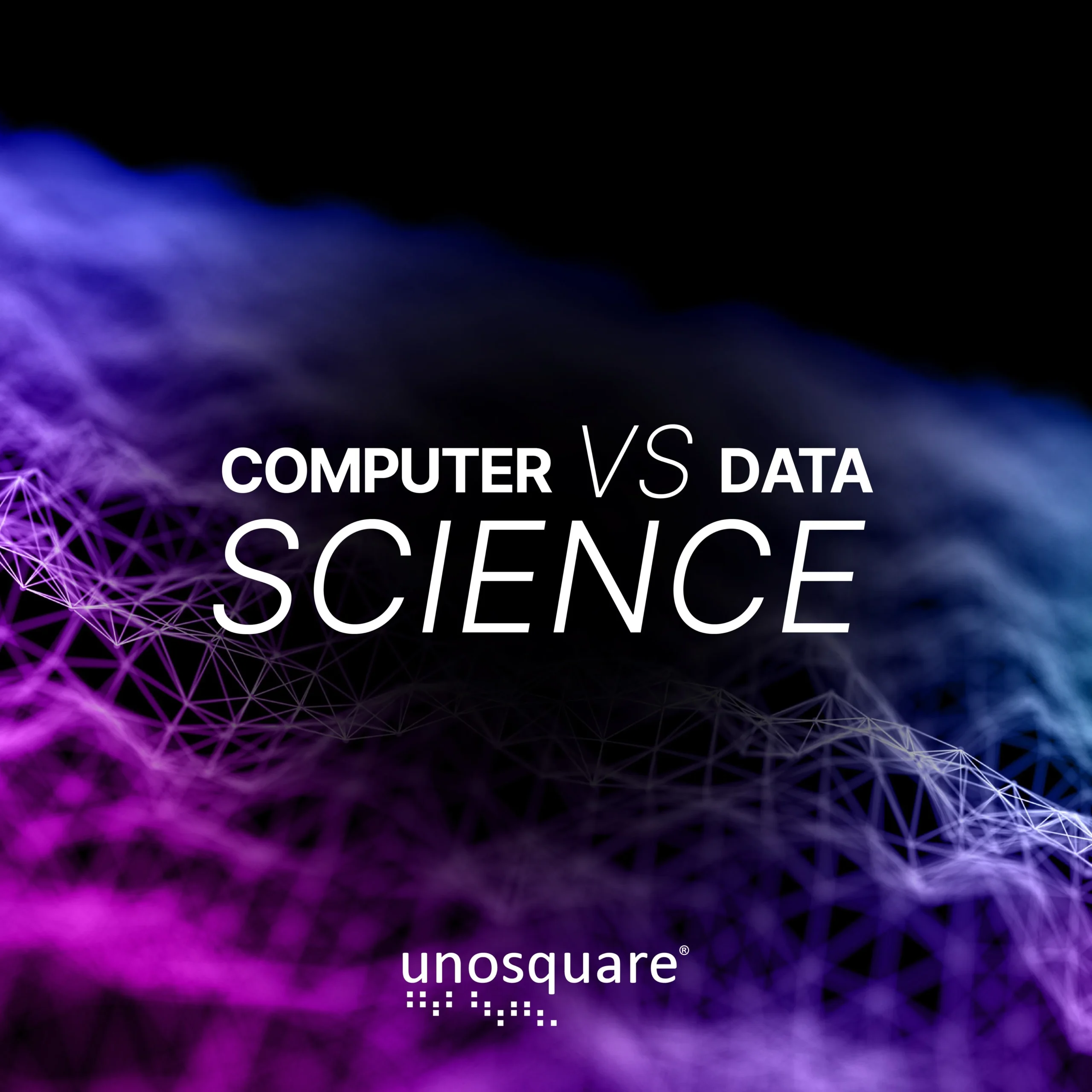Are you torn between pursuing a career in computer science or data science? You’re not alone. Both fields offer exciting opportunities and unique perks. Understanding the differences between these two domains can help you make an informed decision about your future career path.
What is Computer Science?
Computer science is the study of computers and computational systems. Unlike electrical and computer engineers, computer scientists deal mostly with software and software systems, including their theory, design, development, and application. Key areas of study in computer science include algorithms, data structures, computer and network design, modeling data and information processes, and artificial intelligence.
What is Data Science?
Data science is an interdisciplinary field that uses scientific methods, processes, algorithms, and systems to extract knowledge and insights from data in various forms, both structured and unstructured. It is a concept that unifies statistics, data analysis, machine learning, and their related methods to understand and analyze actual phenomena with data. Key areas of study in data science include statistical analysis, data mining, machine learning, and big data technologies.
Educational Paths
Degrees in Computer Science
To pursue a career in computer science, you typically start with a bachelor’s degree, which provides a solid foundation in the theoretical and practical aspects of computing. A master’s degree allows specialization in artificial intelligence, cybersecurity, or software development. Obtaining a doctorate suits those professionals interested in research and academia.
Degrees in Data Science
The starting point is a bachelor’s degree in data science or a related field like statistics or mathematics. A master’s degree in data science offers more advanced knowledge and skills, focusing on data analysis, machine learning, and big data. Doctorate degrees are available for those pursuing research or academic positions.
Job Opportunities
Jobs in Computer Science
- Software Engineer: Develops applications and systems that run on computers and other devices.
- Systems Analyst: Evaluates and improves computer systems and networks.
- Network Administrator: Manages and supports an organization’s network infrastructure.
Jobs in Data Science
- Data Scientist: Analyzes and interprets complex data to help organizations make informed decisions.
- Data Analyst: Examines data to identify trends and make business recommendations.
- Machine Learning Engineer: Designs and implements machine learning models and algorithms.
Critical Differences Between Computer Science and Data Science
Focus and Objectives
Computer science focuses on creating new technologies and solving problems related to computing systems. Data science focuses on extracting meaningful insights from data to inform decision-making processes.
Skill Sets Required
Computer science requires strong programming skills, problem-solving abilities, and a deep understanding of algorithms and data structures. Data science requires statistical knowledge, data manipulation proficiency, and expertise in machine learning techniques.
Applications and Industries
Computer science applications include software development, cybersecurity, network management, and more. Data science is also applied in finance, healthcare, e-commerce, and social media to analyze data and drive business strategies.
Which is Better: Data Science or Computer Science?
Choosing between data science and computer science depends on your interests and career goals. Computer science might be a better fit if you enjoy creating software and solving technical problems. If you are passionate about analyzing data and finding patterns, data science could be the way. Both fields are in high demand, but data science is statistically one of the fastest-growing fields in tech.
Is Data Science Harder Than Programming?
Due to the complexity of the tasks involved, data science can be more challenging than programming. It requires a deep understanding of statistics, data manipulation, and machine learning, whereas programming focuses more on coding and software development.
Is Coding Required for Data Science?
Yes, coding is a fundamental skill in data science. Data scientists use programming languages to manipulate data, build models, and automate processes. Essential programming languages include Python, R, and SQL.
Transitioning from Computer Science to Data Science
Transitioning from computer science to data science is entirely feasible. Many skills overlap, such as programming and problem-solving abilities. However, additional knowledge of statistics, machine learning, and data manipulation is required. Online courses, bootcamps, and further education can help bridge this gap.
Essential Programming Languages for Data Science
Python
Python is the most widely used programming language in data science due to its simplicity, extensive data analysis, and machine learning libraries.
R
R is another popular language widely used in academia and research, especially for statistical analysis and visualization.
SQL
SQL is essential for managing and querying relational databases. It is a fundamental skill for data manipulation and retrieval.
Others (Java, Scala)
Languages like Java and Scala are also used in data science, particularly for big data technologies and large-scale data processing.
Both computer science and data science offer rewarding career paths with numerous opportunities. Your choice should align with your interests and career aspirations. Computer science is ideal for those who enjoy software development and technical problem-solving. In contrast, data science is perfect for those passionate about analyzing data and driving business insights.
FAQs
Is a computer science degree necessary for a career in data science?
No, but it can be beneficial. Degrees in statistics, mathematics, or data science are also suitable.
What are the biggest challenges in data science?
Significant challenges include handling large datasets, ensuring data quality, and building accurate models.
Can someone with no programming background learn data science?
Yes, but learning programming is essential. Many online courses and bootcamps can help you get started.
How long does it take to become proficient in data science?
It varies, but typically, it takes several months to a few years, depending on your background and learning path.
What are the most common tools used in data science?
Standard tools include Python, R, SQL, Hadoop, and TensorFlow.
Conclusion
Having successfully completed over 3000 projects, Unosquare is a leader in data and computer science, consistently delivering exceptional results for enterprises and small businesses alike.
We have enabled countless organizations to unlock the full potential of data and computing technologies, driving efficiency, innovation, and competitive advantage. Whether your goal is to harness the power of data analytics, enhance your computing infrastructure, or undertake a comprehensive transformation in either domain, our experience and delivery models are designed to help you succeed.
Visit our blog for in-depth insights, practical tips, and inspiring success stories. Stay ahead of the curve with the latest trends and best practices in data science and computer science.



